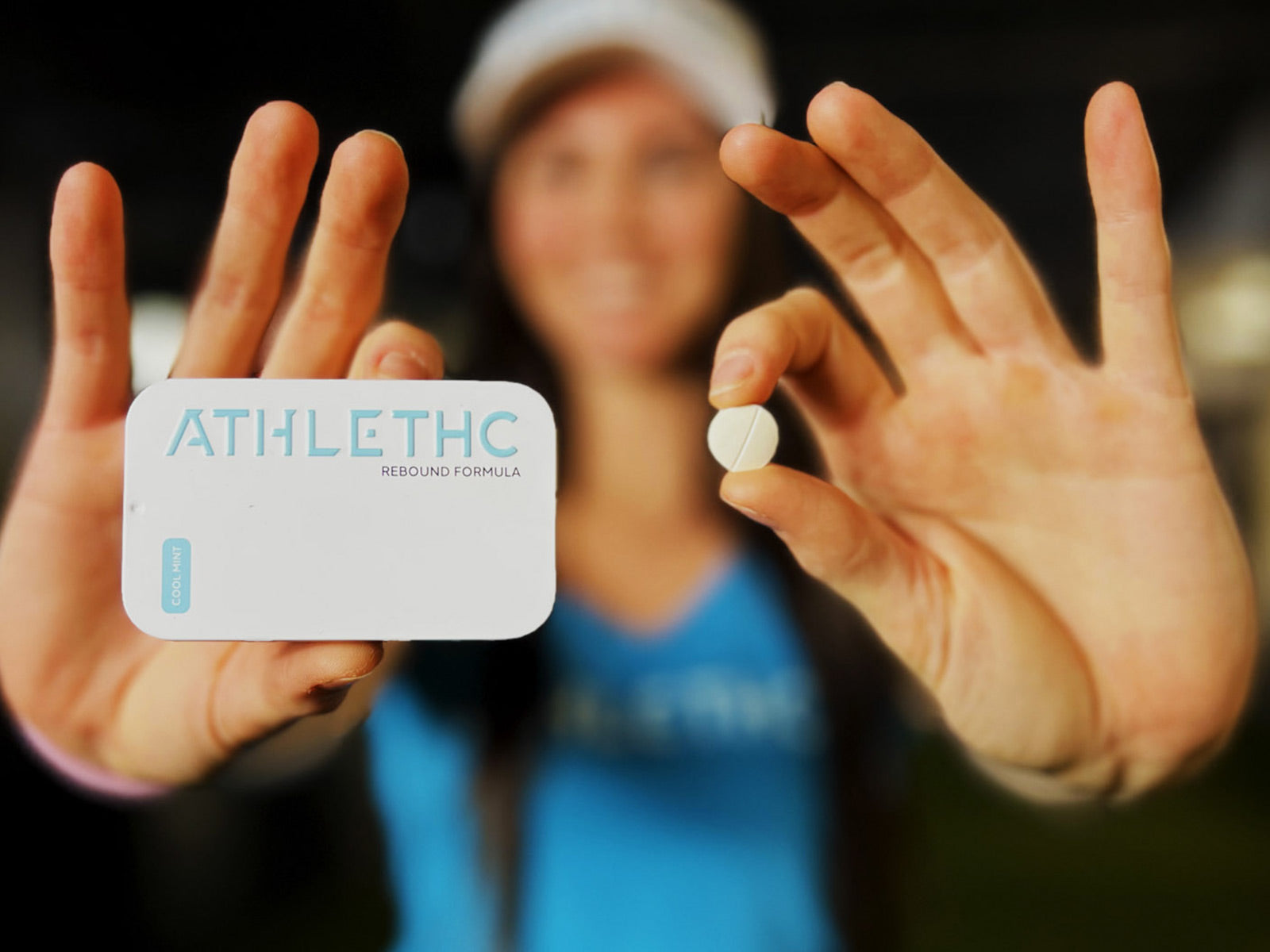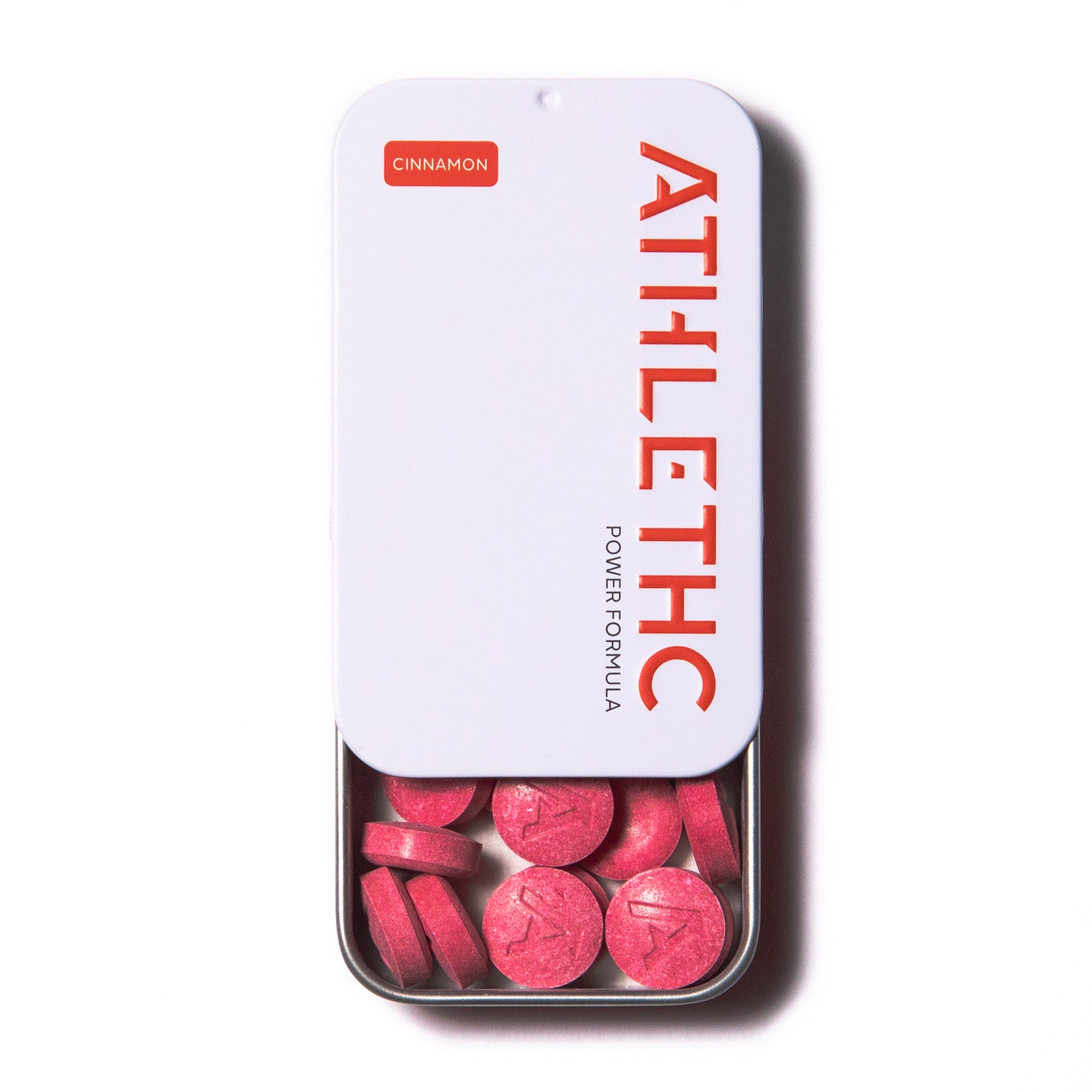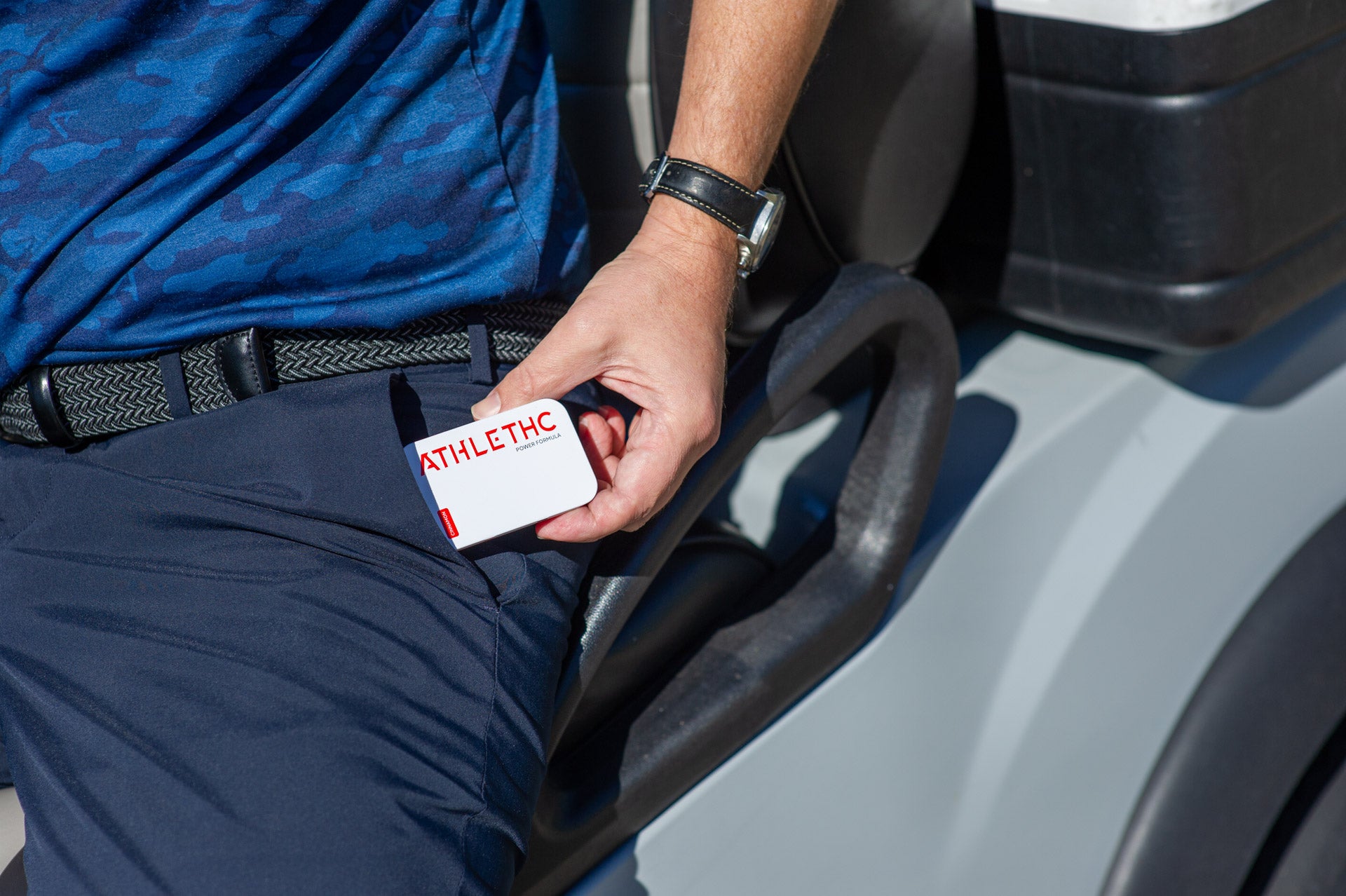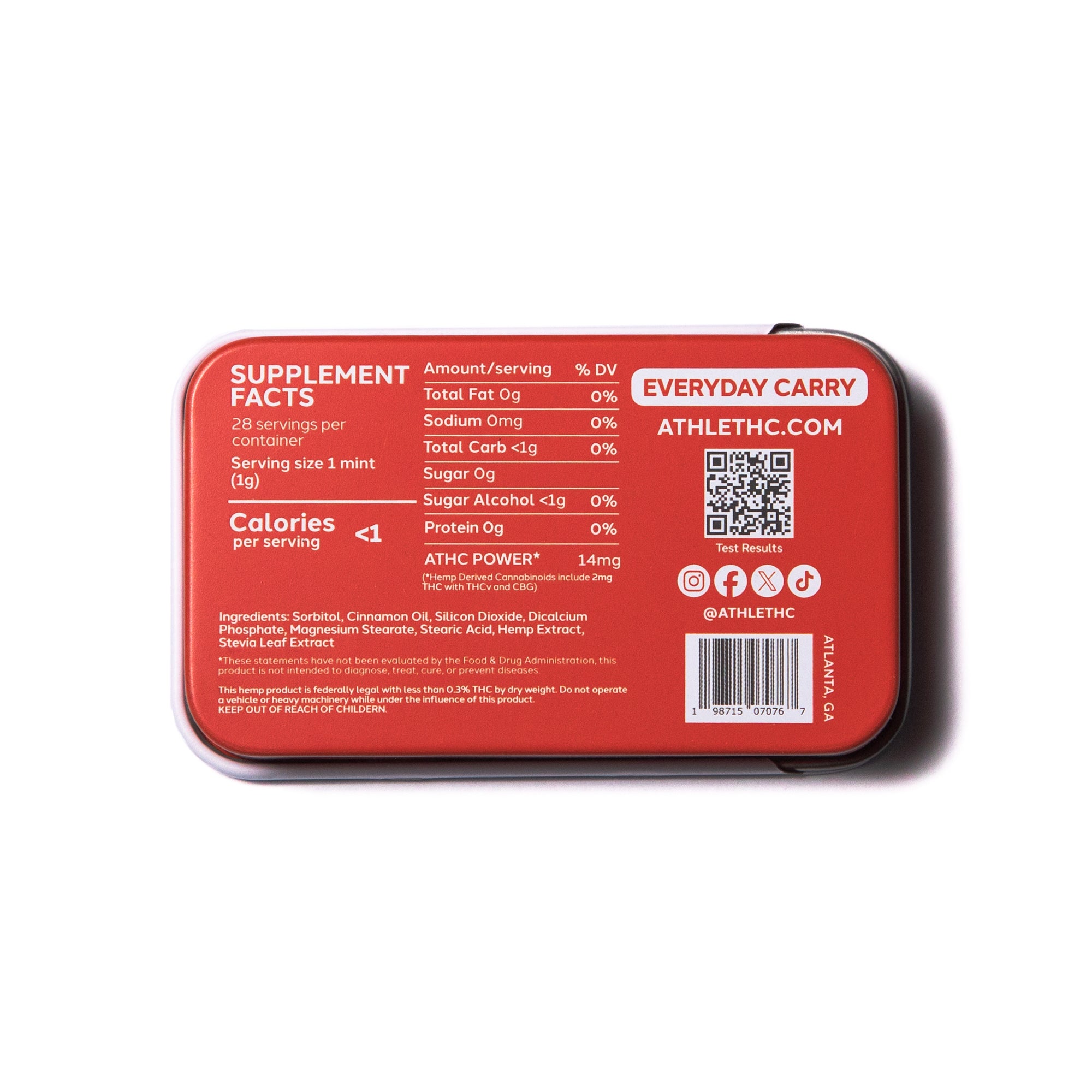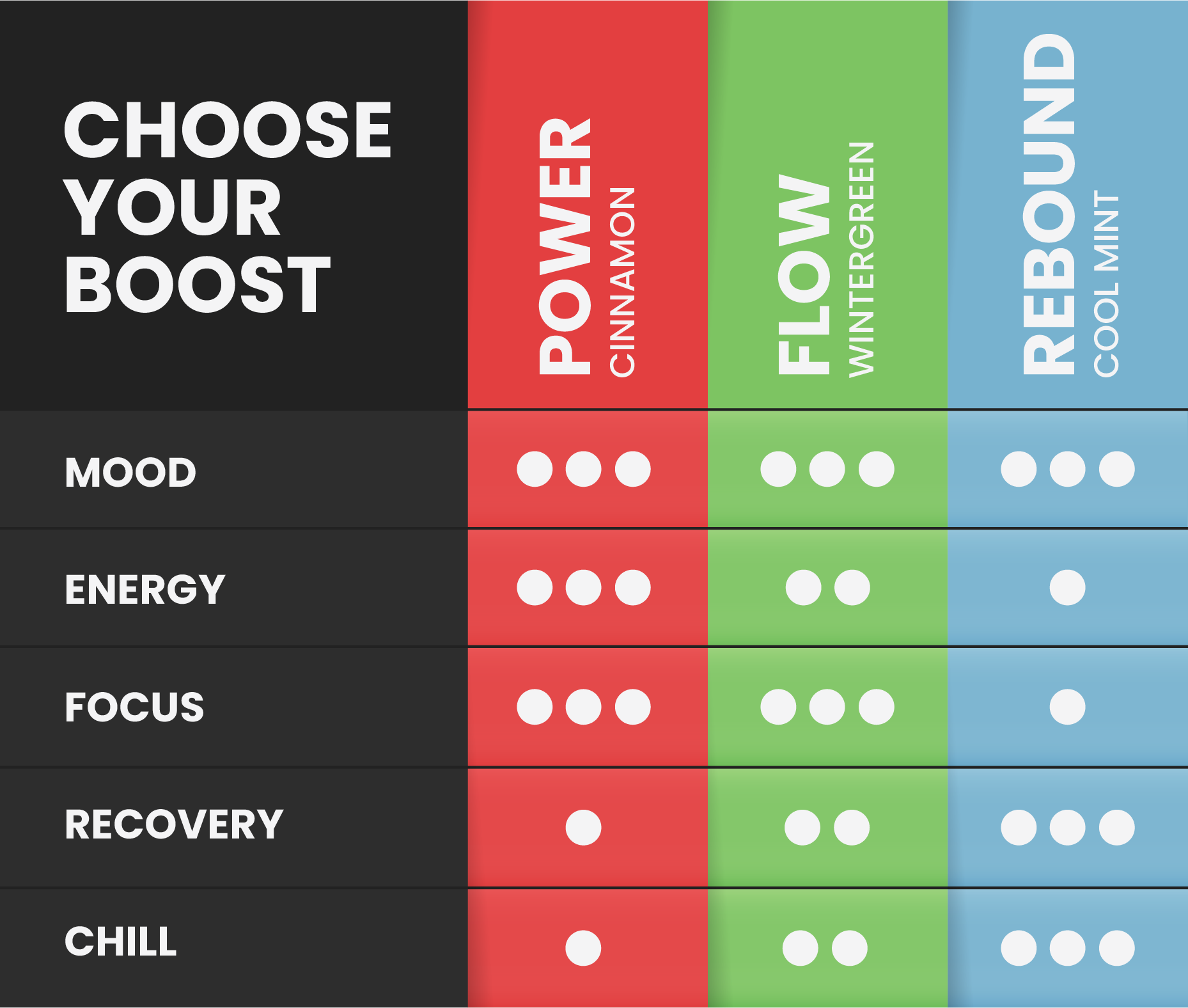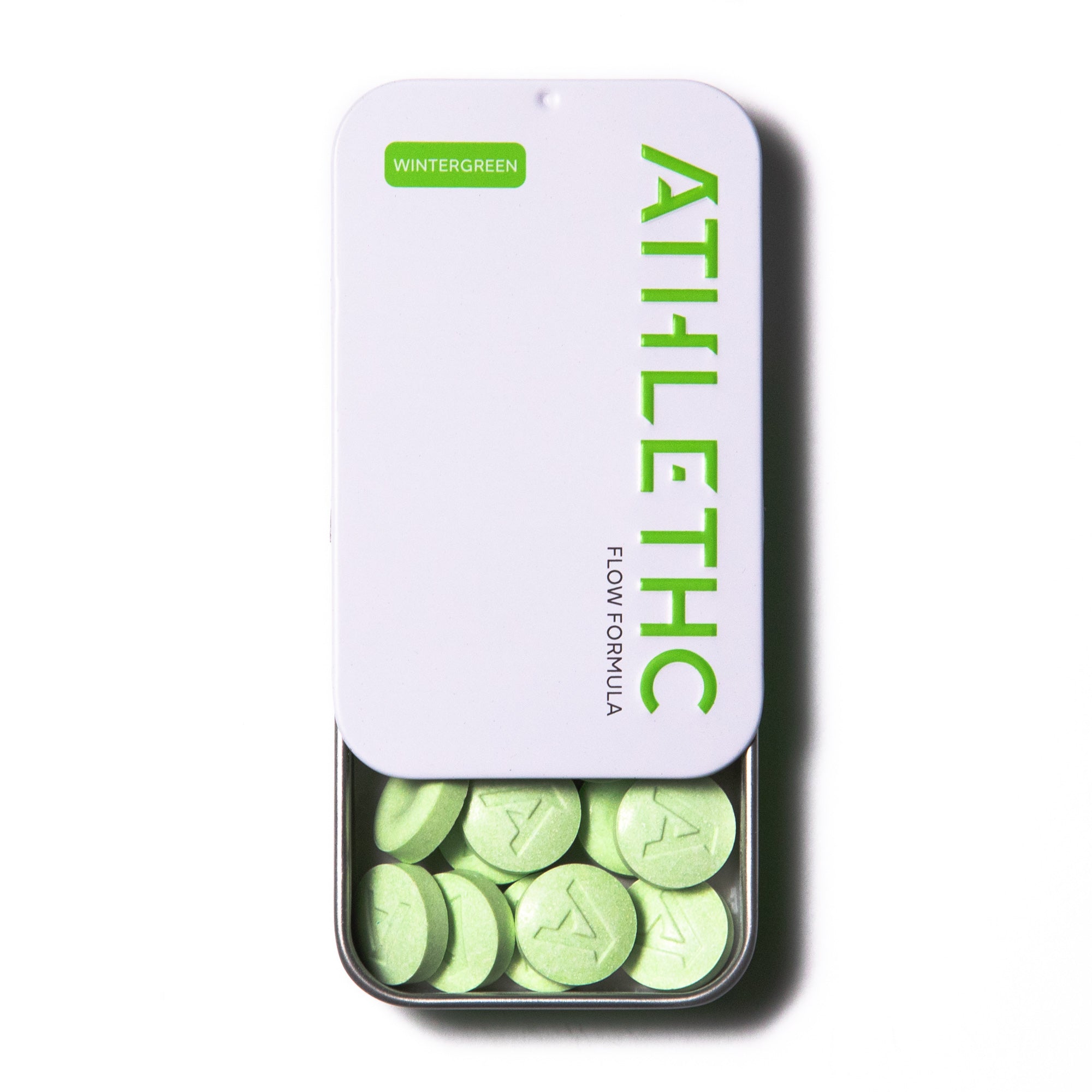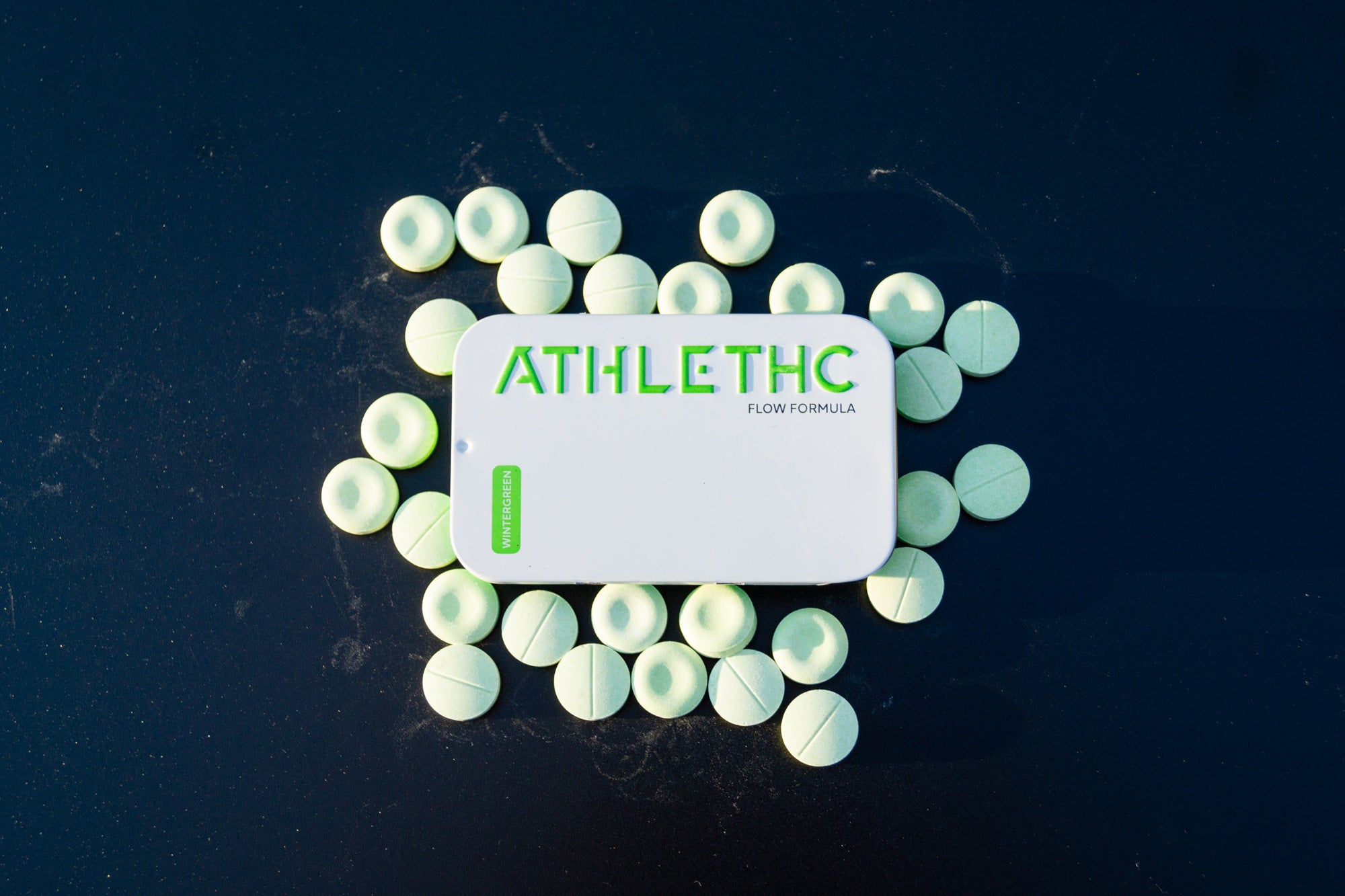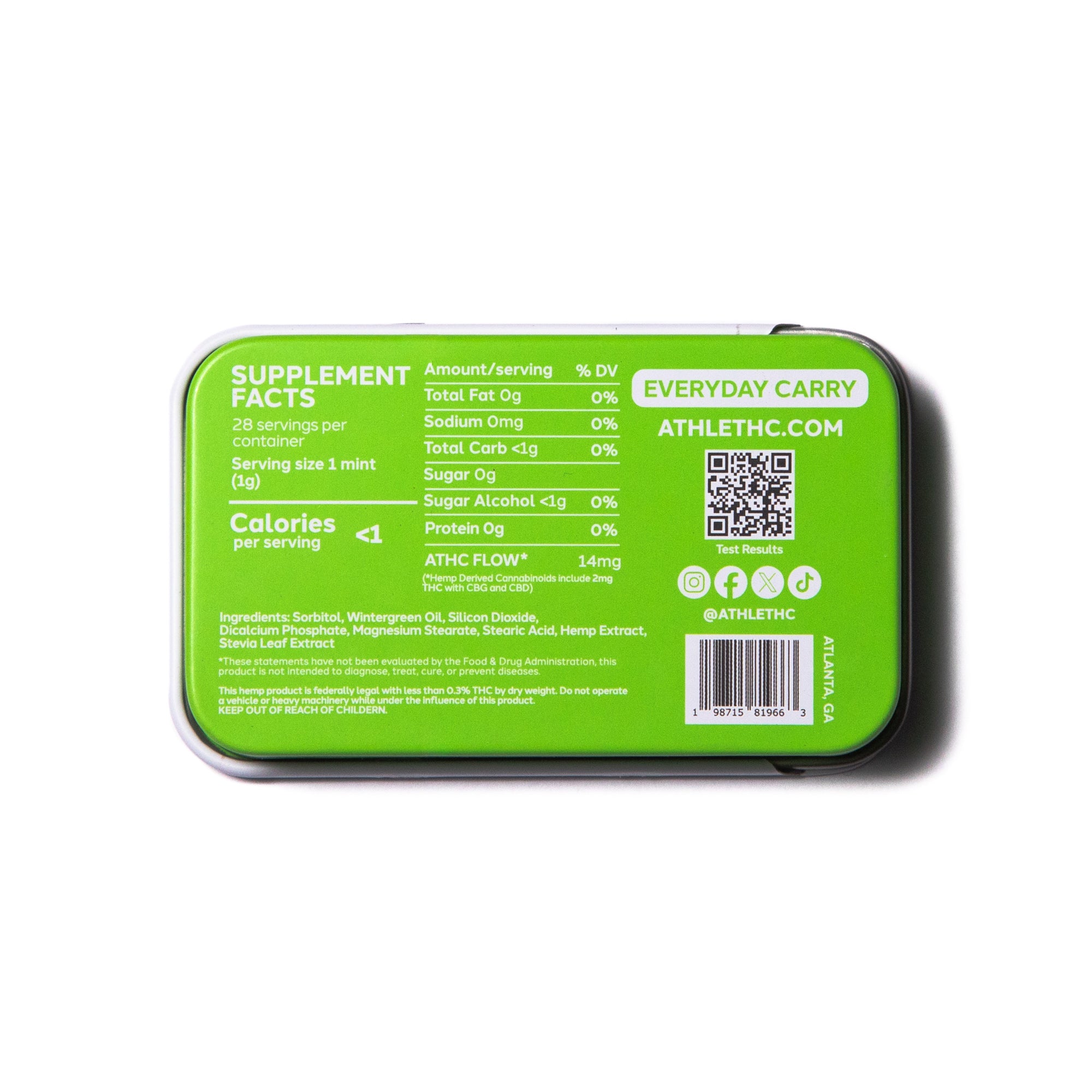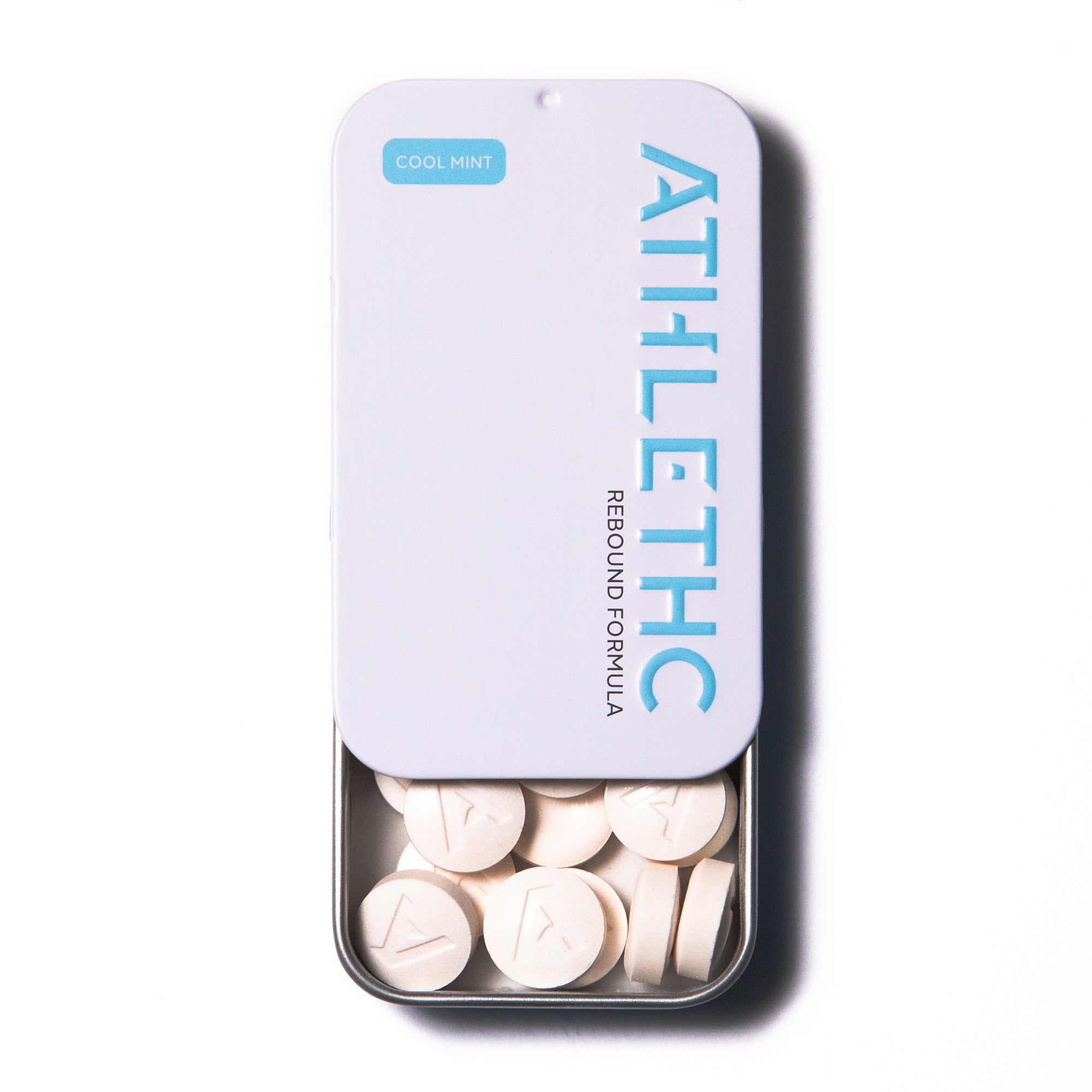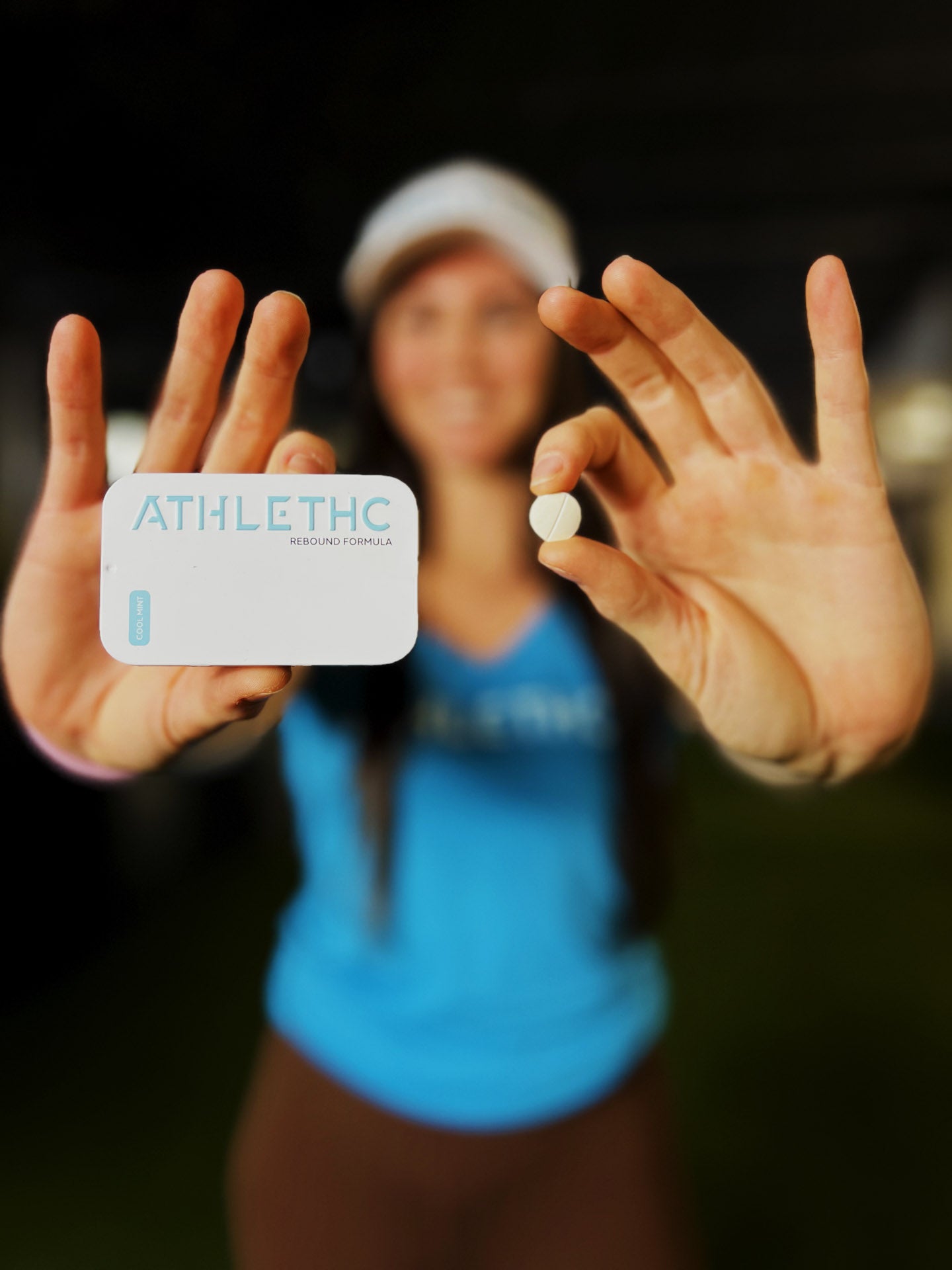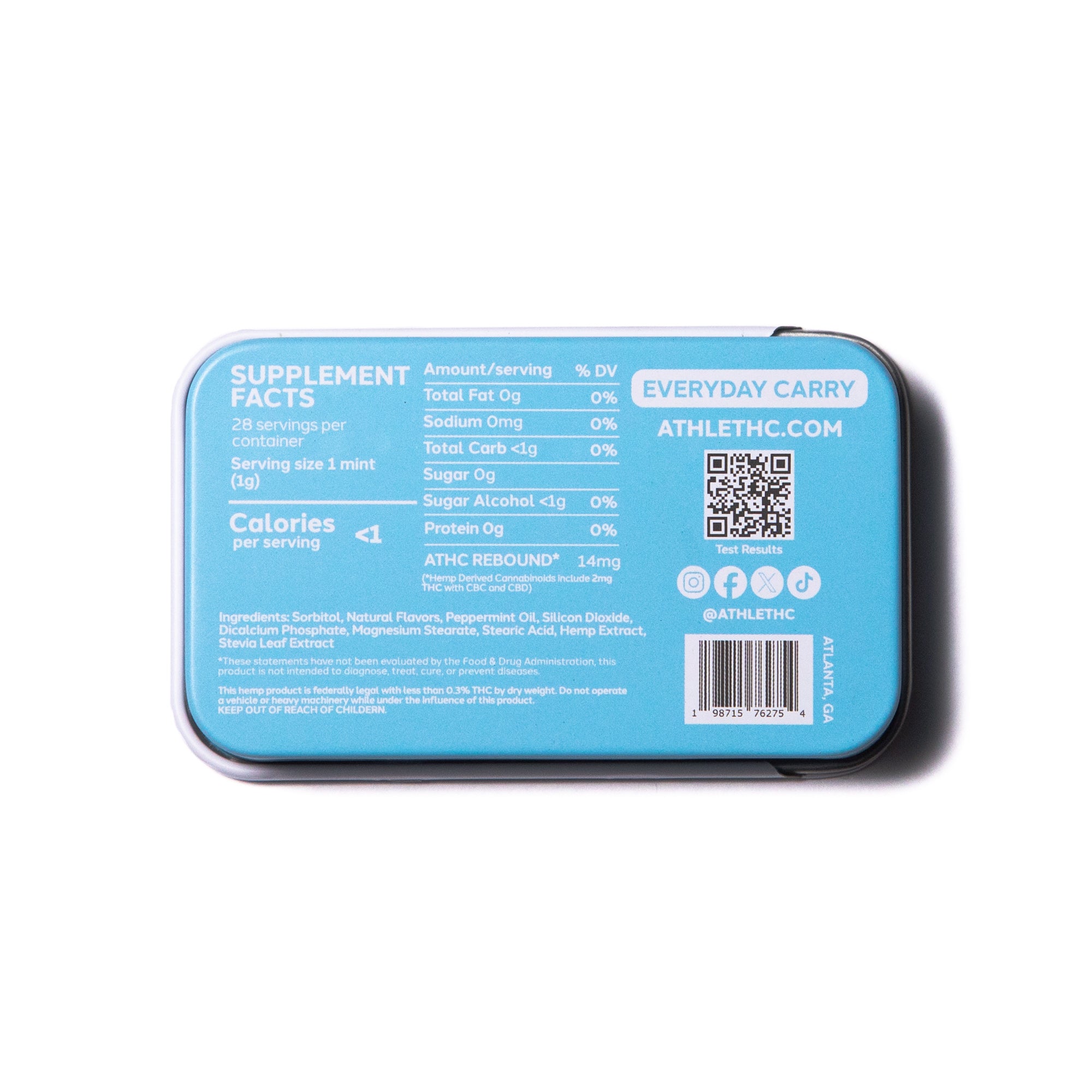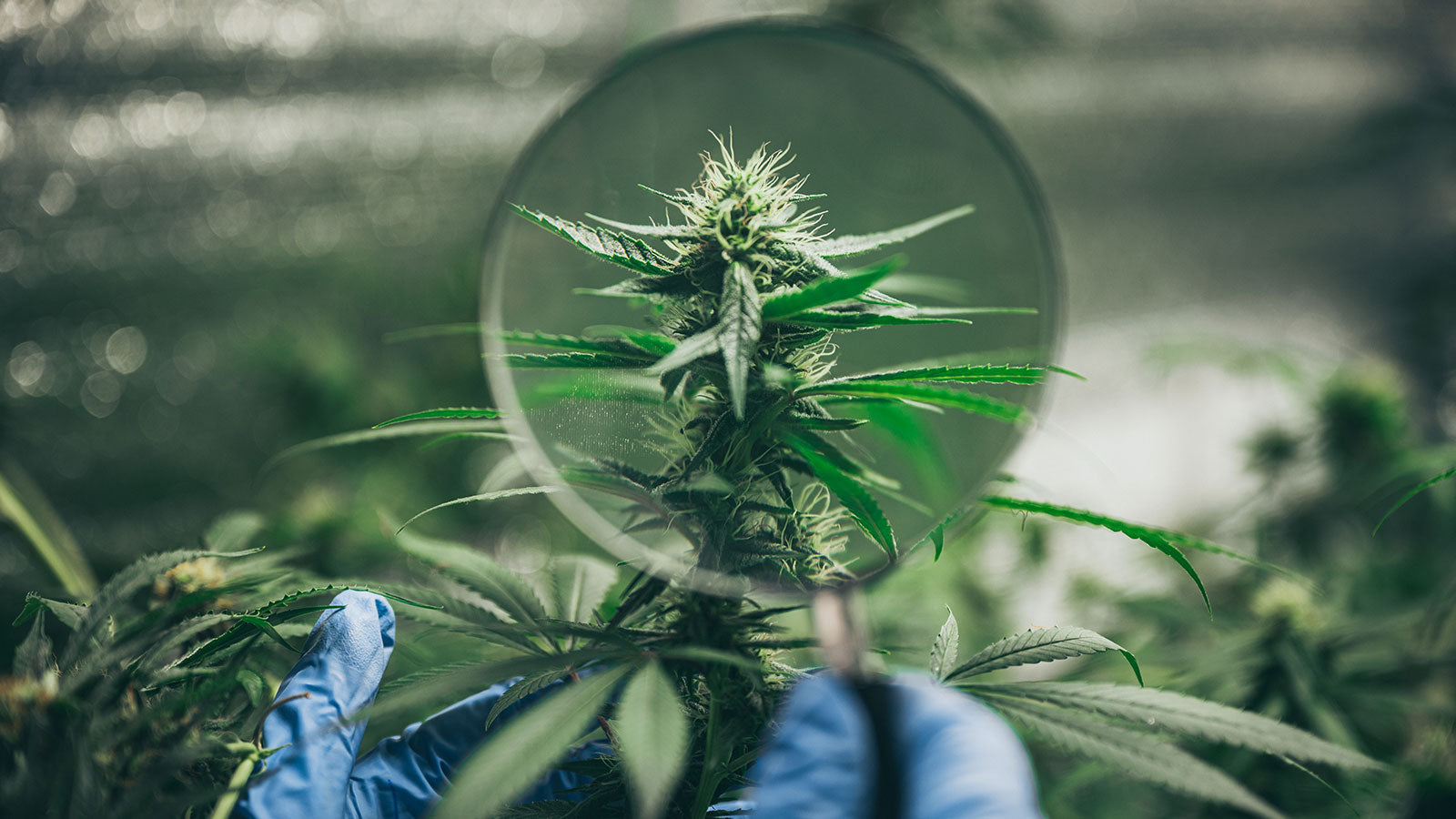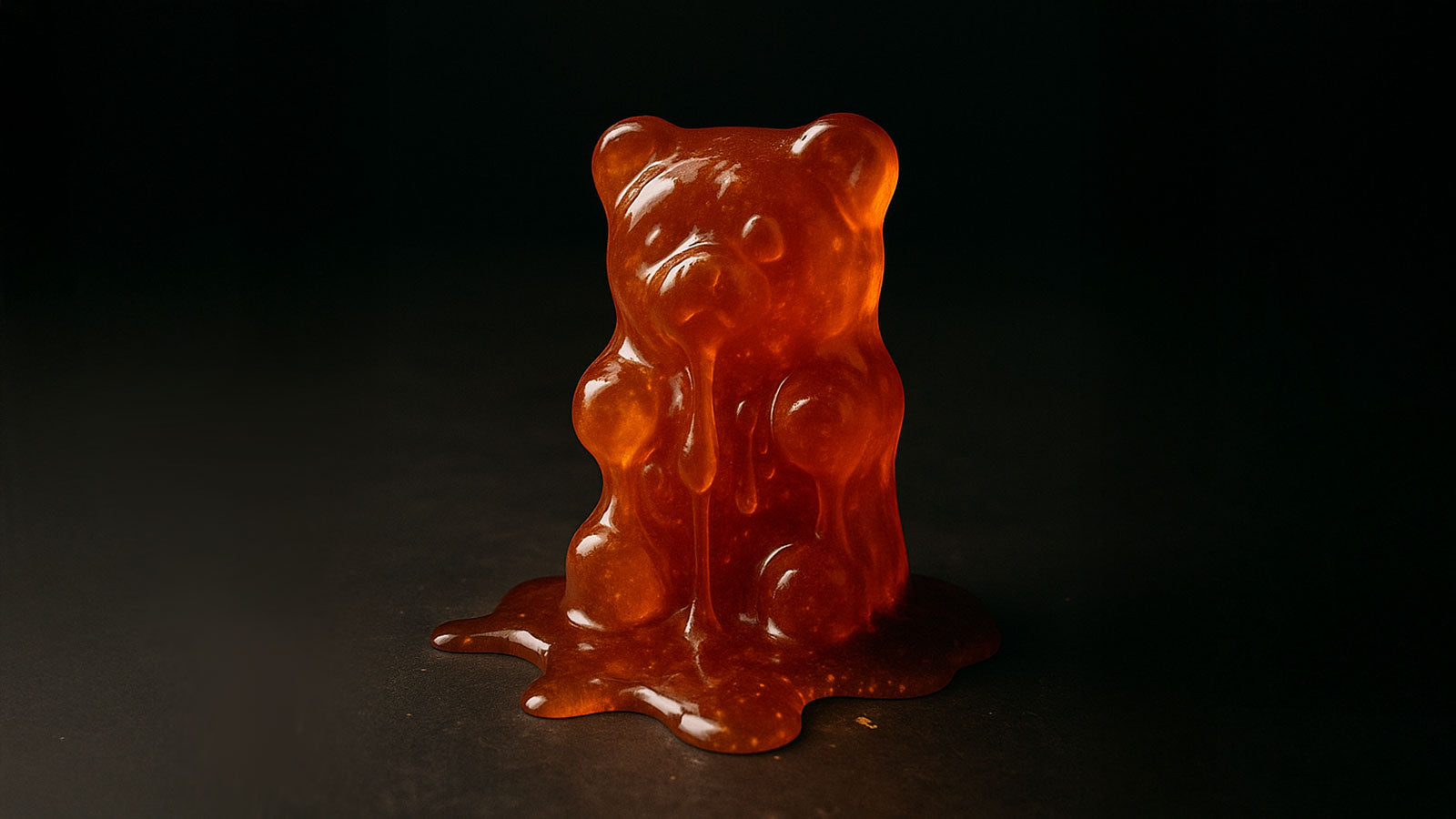Microdosing is increasingly prevalent among top athletes and high performers. This involves taking sub-perceptual doses of THC to harness its potential benefits without experiencing the psychoactive effects commonly associated with higher doses.
As athletes and fitness enthusiasts increasingly seek ways to boost their performance, microdosing THC has gained popularity as a game-changing practice. By integrating microdosing into their routines, athletes can optimize recovery, improve focus, enhance sleep quality, and reduce anxiety—unlocking their full potential.
Below are some key benefits of microdosing THC for those leading an active health and wellness lifestyle.
Maintaining mental focus can be key to achieving peak performance. Microdosing THC may help sharpen focus and enhance mental clarity, which is crucial during workouts or competitions. THC affects neurotransmitter release, which can enhance cognitive abilities such as attention and concentration. This heightened state of focus can lead to better performance in dynamic environments and high-stakes situations, where every second counts.
"I’ve found that THC helps me find that focus I need when I'm out there performing."
– J.J. Watt (NFL Player via The Players' Tribune)
Watt’s insight highlights how microdosing can help athletes concentrate better in big moments.
Microdosing THC might also enhance motivation and creativity, driving athletes to push their limits and explore different training techniques. THC can stimulate the release of dopamine, the neurotransmitter associated with pleasure and reward, thus enhancing motivation. Moreover, the mild psychoactive effects of microdosing allow for an expanded mindset, enabling athletes to think outside the box and try new approaches to their training and performance.
"I use THC to tap into that creative energy and keep my motivation levels high."
– Amanda Bingson (Olympic Hammer Thrower via Outside Magazine)
Bingson underlines how THC can inspire athletes to transcend barriers and find joy in their fitness journey.
Athletes often experience anxiety and pressure, particularly in competitive environments. Microdosing THC can mitigate these feelings, helping to promote a calm focus. THC acts on the brain's cannabinoid receptors, which can reduce anxiety levels and create a sense of euphoria without overwhelming psychoactive effects. This balance allows athletes to perform under pressure while staying relaxed and composed.
"THC has really helped me manage my anxiety; it keeps me relaxed and ready to perform."
– Patrick Mahomes (NFL Quarterback via USA Today)
Mahomes highlights the potential of THC as a tool for athletes to manage stress and anxiety, fostering a better mental state before performance.
Microdosing THC can significantly aid in recovery post-workout. The anti-inflammatory properties of THC help reduce muscle soreness and inflammation, allowing athletes to bounce back faster after intense training sessions. THC interacts with the body’s endocannabinoid system, which regulates inflammation and pain. By modulating inflammatory responses, it can help ease the discomfort that often follows vigorous exercise. This means athletes can resume their training routines without being held back by soreness.
"I think that [THC] helps me with my recovery. It’s not just about getting high; it’s about healing."
– Rob Gronkowski (Former NFL Tight End via ESPN)
Gronkowski emphasizes how THC can facilitate recovery, making it an essential part of an athlete’s regimen.
For athletes, quality sleep is integral to training and recovery. Microdosing THC can improve sleep by promoting relaxation and reducing anxiety, leading to more restful nights. Research indicates that THC can decrease the time it takes to fall asleep and extend the duration of deep sleep cycles, which are vital for physical recovery and mental rejuvenation. A well-rested athlete can train harder and recover more effectively, optimizing performance over time.
"THC is a huge part of my nightly routine—it helps me unwind and sleep deeply, which is vital for recovery."
– Al Harrington (Former NBA Player via Leafly)
Harrington’s words reinforce the importance of THC in achieving restorative sleep, essential for fitness recovery.
The Performance THC Mint
Our Microdose Solution
Need more microdose resources?
Checkout our articles which contain a trove of information about microdosing testimonials and cannabinoid education.
Federal Hemp Legality & THC Reform
Learn how upcoming federal hemp legality changes and THC regulations could impact products, state programs, and the future of the hemp market.
Crushing the Day - An interview with Courtside Les
Tennis pro Les discusses how she leverages microdosing to transition through her packed days to grind through the noise.
5 Reasons Why THC Gummies Suck
When we set out to create ATHLETHC, we wanted to create a microdose THC edible which lifts you up, not brings you down. Here's 5 reasons why we think gummies suck and why we chose to make mints.
